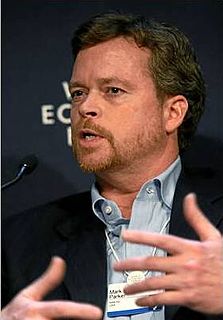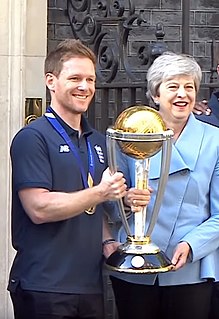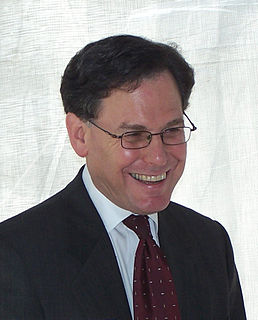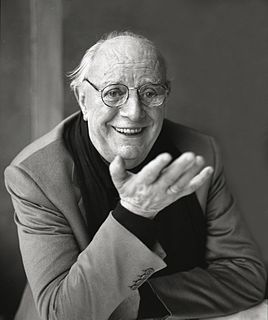A Quote by Gijs de Vries
Muslim organisations tend to have a low level of organisation. The communities in Europe are quite diverse.
Quote Topics
Related Quotes
There's opposition in Europe to Turkish membership because these are the inevitable fears of energetic, poorer, Muslim outsiders who will come in and work hard and take jobs. There's also a fear that under E.U. rules Turkey might get a disproportionate amount of cohesion funds and agricultural subsidies - although it's quite clear that Europe is changing its rules, and that there will not be very much in the way of net transfers of resources from Europe to Turkey.


































